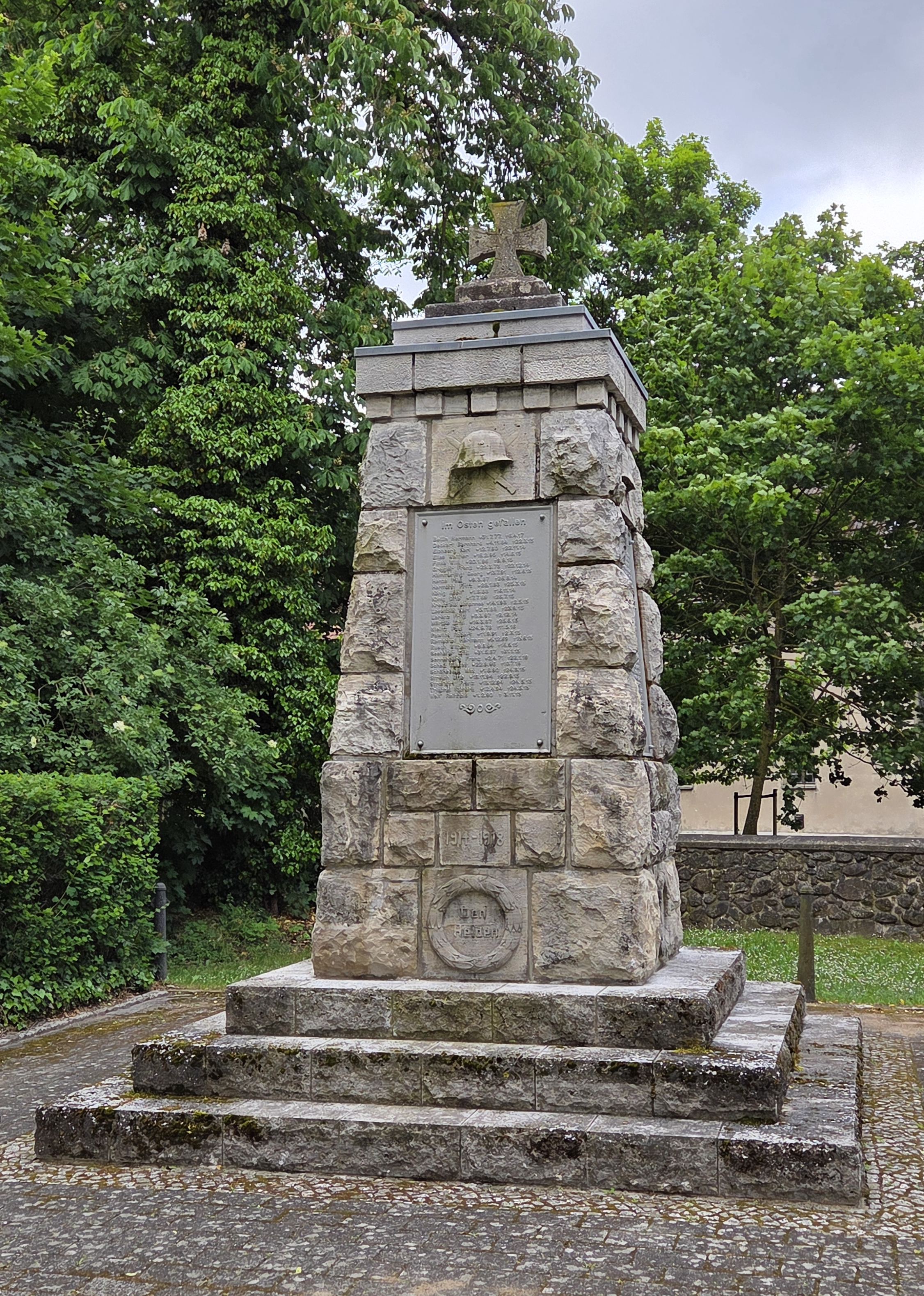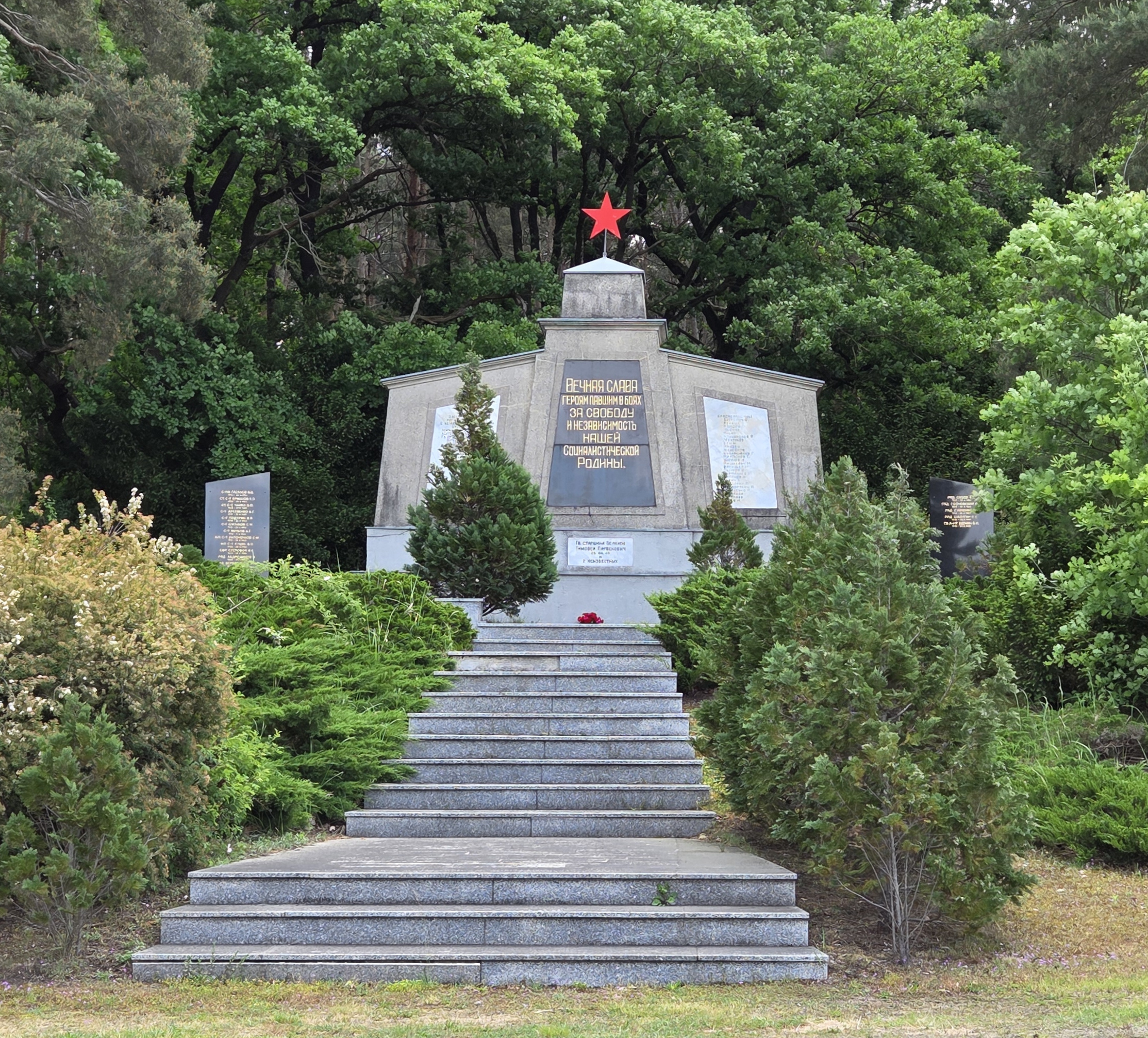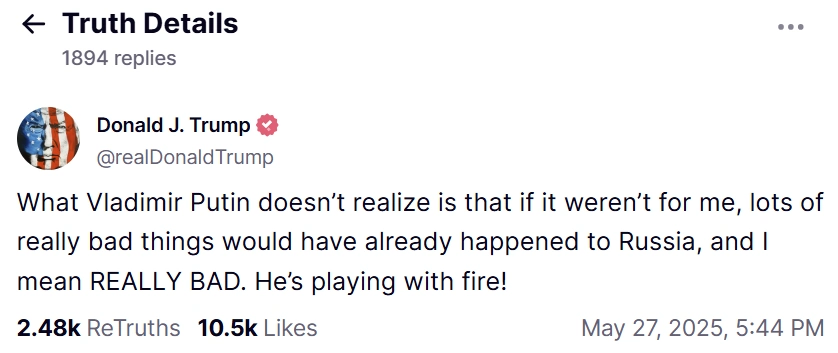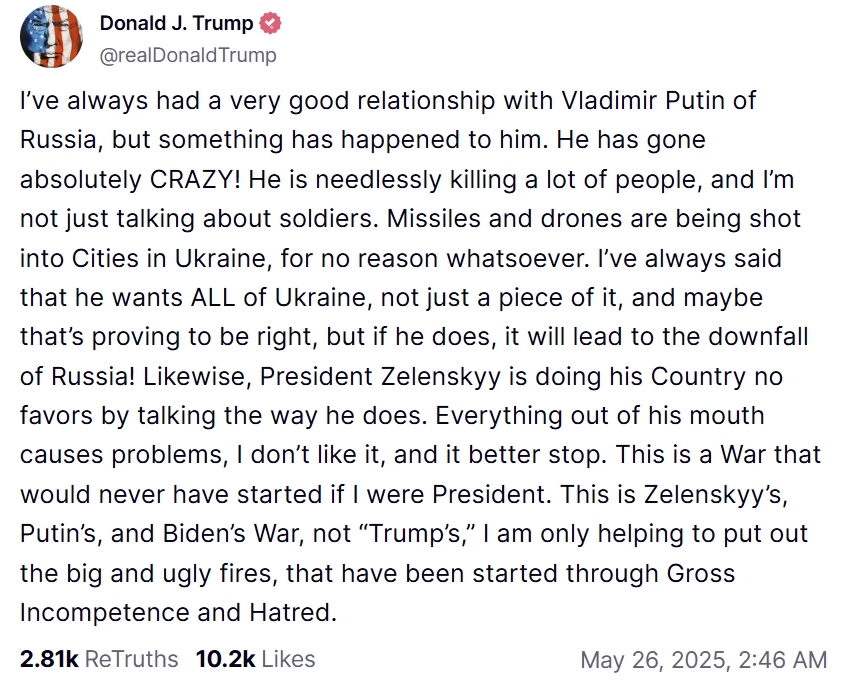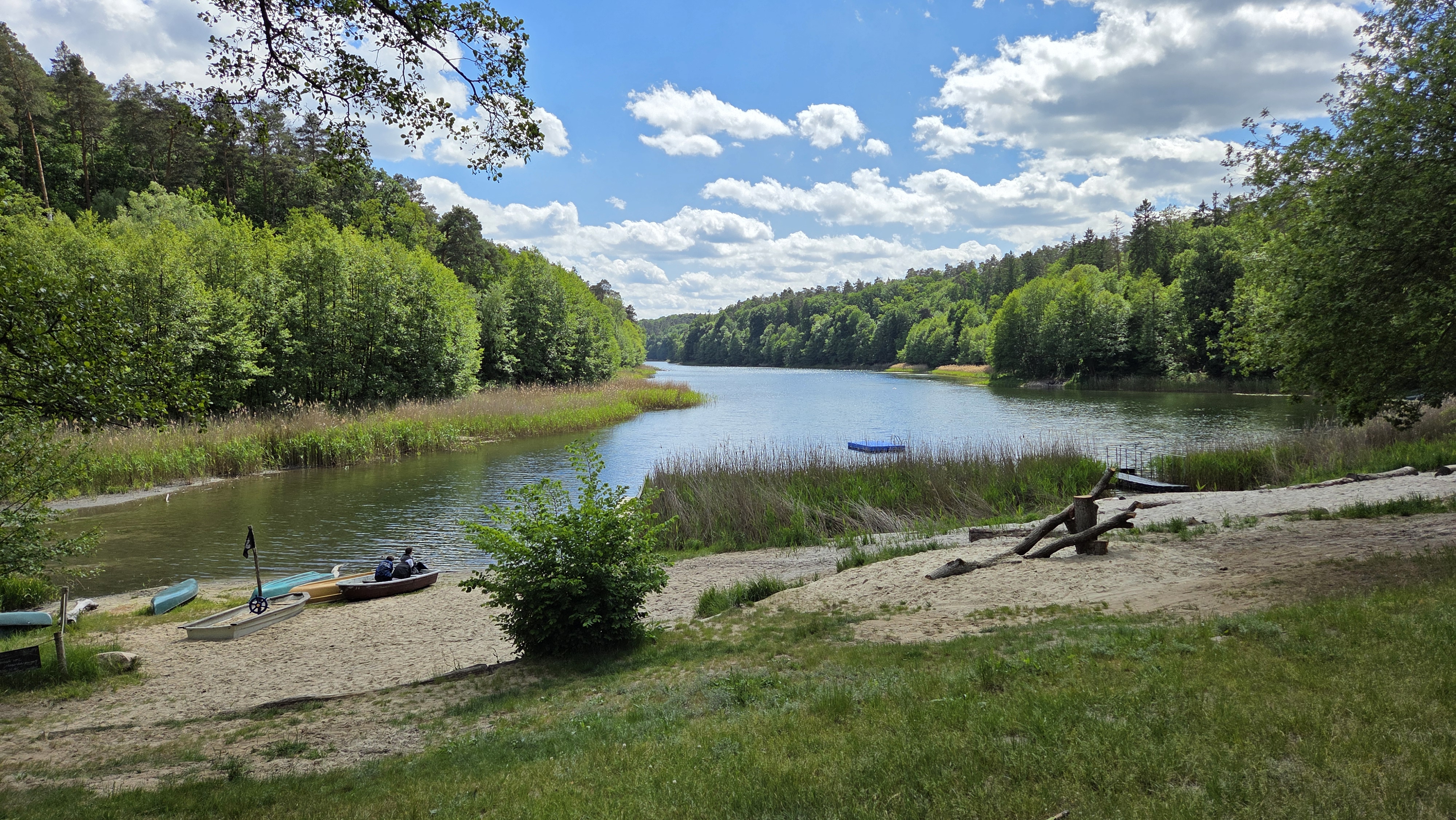-
Neueste Beiträge
August 2025 M D M D F S S 1 2 3 4 5 6 7 8 9 10 11 12 13 14 15 16 17 18 19 20 21 22 23 24 25 26 27 28 29 30 31 Archive
- August 2025
- Juli 2025
- Juni 2025
- Mai 2025
- April 2025
- März 2025
- Februar 2025
- Januar 2025
- Dezember 2024
- November 2024
- Oktober 2024
- September 2024
- August 2024
- Juli 2024
- Juni 2024
- Mai 2024
- April 2024
- März 2024
- Februar 2024
- Januar 2024
- Dezember 2023
- November 2023
- Oktober 2023
- September 2023
- August 2023
- Juli 2023
- Juni 2023
- Mai 2023
- April 2023
- März 2023
- Februar 2023
- Januar 2023
- Dezember 2022
- November 2022
- Oktober 2022
- September 2022
- August 2022
- Juli 2022
- Juni 2022
- Mai 2022
- April 2022
- März 2022
- Februar 2022
- Januar 2022
- Dezember 2021
- November 2021
- Oktober 2021
- September 2021
- August 2021
- Juli 2021
- Juni 2021
- Mai 2021
- April 2021
- März 2021
- Februar 2021
- Januar 2021
- Dezember 2020
- November 2020
- Oktober 2020
- September 2020
- August 2020
- Juli 2020
- Juni 2020
- Mai 2020
- April 2020
- März 2020
- Februar 2020
- Januar 2020
- Dezember 2019
- November 2019
- Oktober 2019
- September 2019
- August 2019
- Juli 2019
- Juni 2019
- Mai 2019
- April 2019
- März 2019
- Februar 2019
- Januar 2019
- Dezember 2018
- November 2018
- Oktober 2018
- September 2018
- August 2018
- Juli 2018
- Juni 2018
- Mai 2018
- April 2018
- März 2018
- Februar 2018
- Januar 2018
- Dezember 2017
- November 2017
- Oktober 2017
- September 2017
- August 2017
- Juni 2017
- Mai 2017
- April 2017
- März 2017
- Februar 2017
- Januar 2017
- Dezember 2016
- November 2016
- Oktober 2016
- September 2016
- August 2016
- Juli 2016
- Juni 2016
- Mai 2016
- April 2016
- März 2016
- Februar 2016
- Januar 2016
- Dezember 2015
- November 2015
- Oktober 2015
- August 2015
- Juli 2015
- Juni 2015
- April 2015
- Januar 2015
- Dezember 2014
- November 2014
- Oktober 2014
- September 2014
- Juli 2014
- Juni 2014
- Mai 2014
- April 2014
02.06.1967
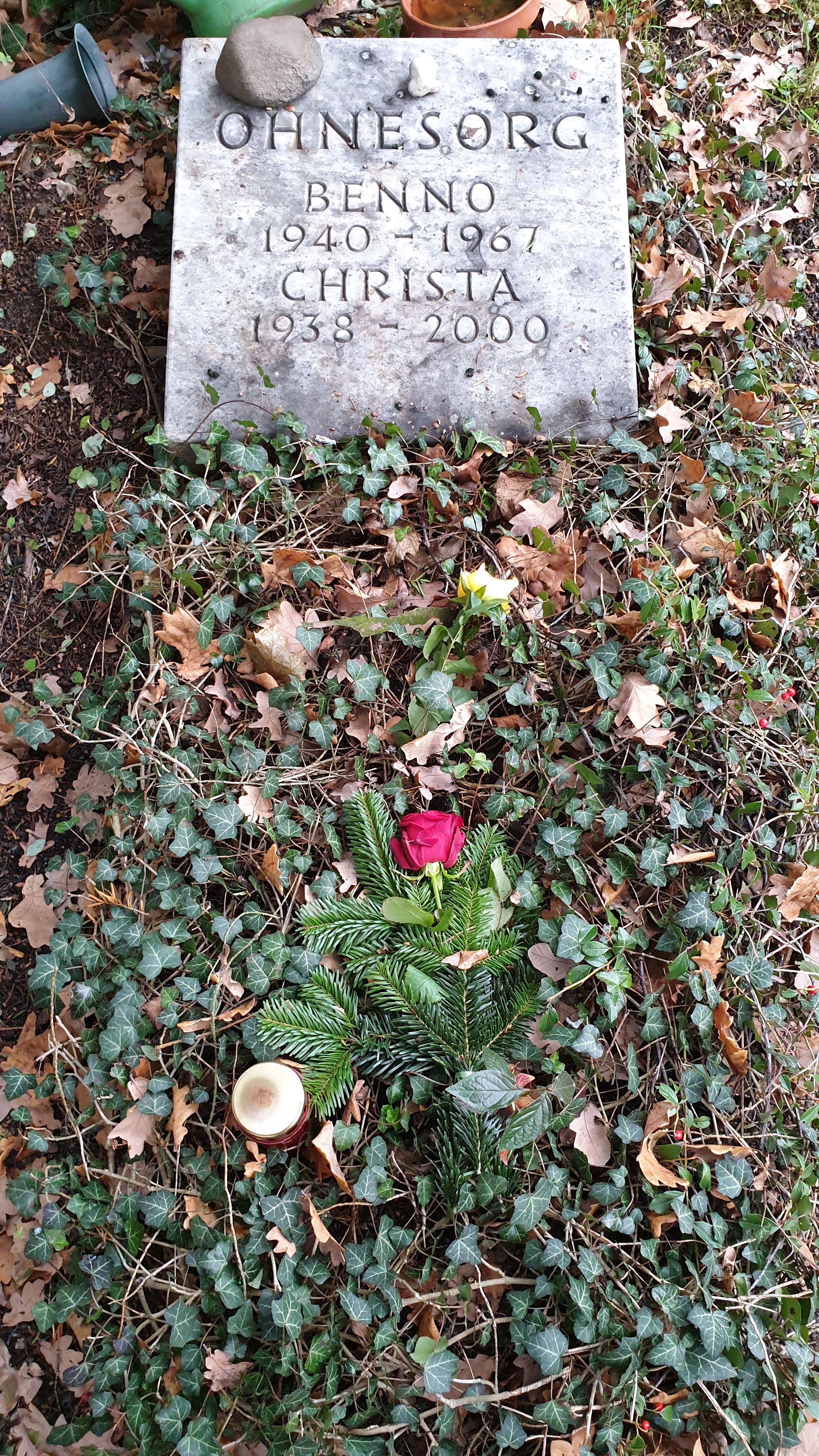
Soweit in der Bundesrepublik der Revolte der Studenten historische Bedeutung zuerkannt wird, gilt das Todesdatum von Benno Ohnesorg als ihr eigentlicher Beginn.
—Ulrich Chaussy, »Rudi Dutschke«, (München: Droemer, 2018), 226.

Friederike Hausmann (damals Dollinger) kümmert sich im Hof des Hauses Krumme Straße 66/67 um den schwer verletzten Ohnesorg. Unter dem Kopf Ohnesorgs sein Transparent mit der Aufschrift: „Autonomie für die Teheraner Universität“.
Kommentare deaktiviert für 02.06.1967
Bread and circuses
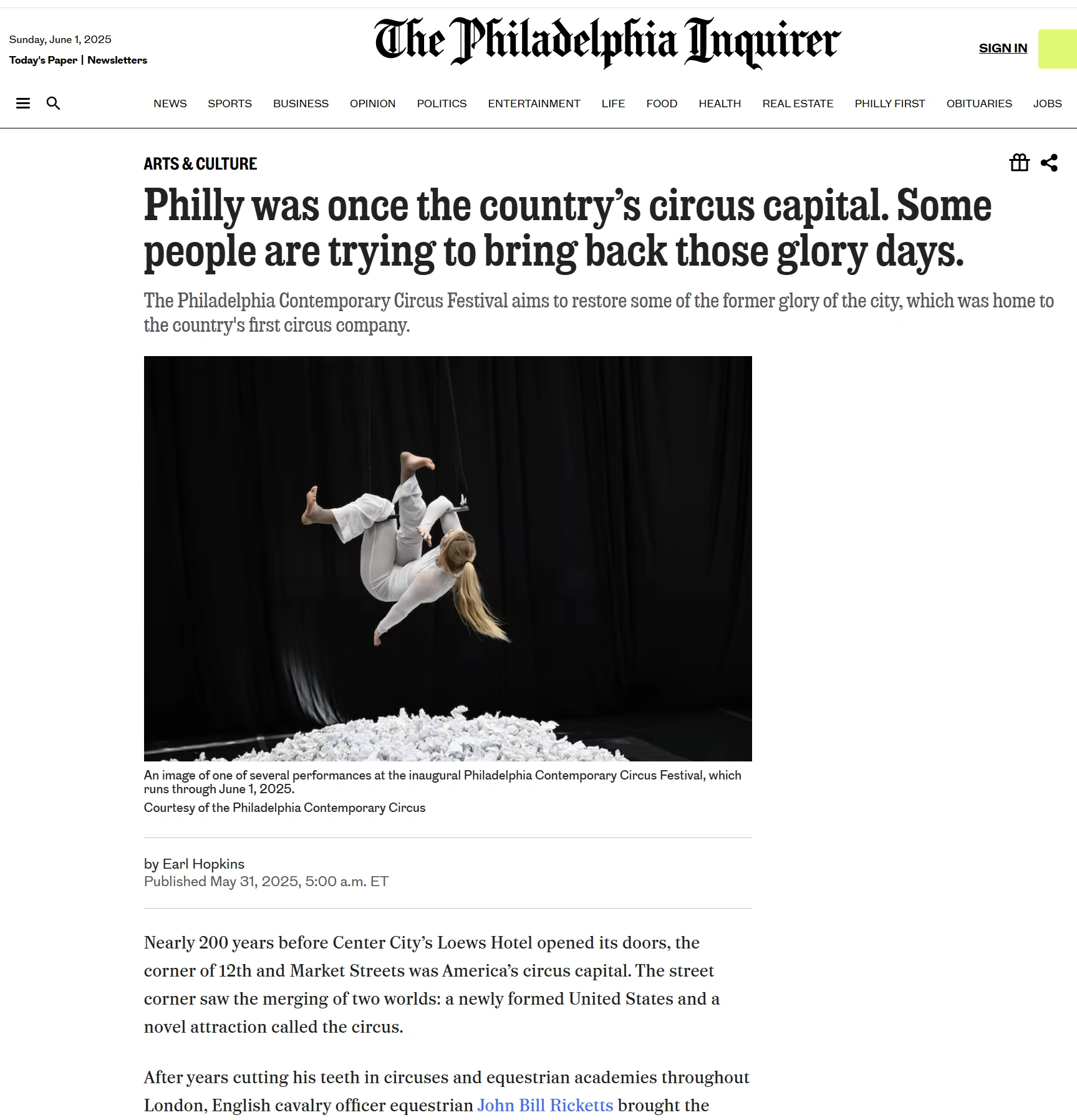
The Philadelphia and San Francisco papers are continually full of sports news. Beloved, classic, iconic restaurants close. Grocery stores sell out of new viral treats. San Francisco has frequent pieces about Disneyland. Quite literally bread and circuses.
Kommentare deaktiviert für Bread and circuses
Everything out of his mouth causes problems
Kommentare deaktiviert für Everything out of his mouth causes problems
Left-wing politicians, commentators and activists have increasingly become divided into a number of groups, all equally useless from the point of view of real social change. One group has replaced class politics with politically correct incantations on the rights of every conceivable minority. This is completely in line with the logic and demands of the neoliberal capitalism that is fragmenting society. Another group, while continuing to swear its fidelity to the working class, has replaced politics with role-playing, seeking to convince itself that nothing in the world has changed since 1917. Inasmuch as the working class imagined by this group no longer has anything in common with the actual working people who live under the new conditions (not always better, but different), each successive round of role-playing sees the members of the group increasingly remote from reality. Finally, a third group has ceased even to pretend to take part in politics, shutting itself away in the sphere of culture. The members of this group have built themselves the same kind of ‘ivory tower’ as the aesthetes of the early twentieth century, refusing to have anything to do either with bourgeois philistinism or with the crudity of the proletariat. This time, however, the tower has finished up daubed with radical slogans, and some-times may even be decorated with red flags.
The paradox is that the decline and disorganisation of the left movement (in all its varieties from moderate social democracy to hard-line communism) has done nothing to help capitalism, and in a certain sense has even served to deepen the crisis in bourgeois society. Left to its own devices after coping with external challenges and overcoming the danger of socialist revolution, capital in a strikingly brief time span has pushed all its own contradictions to the limit, creating the conditions for the multitude of crises – social, environmental, economic and so forth – that are now heaped one upon the other.
—Boris Kagarlitsky, The Long Retreat, (London: Pluto Press, 2024), xvi-xvii
Kommentare deaktiviert für
Like a lecturer making his first appearance before the public, he saw everything that was before his eyes, but apparently only had a dim understanding of it (among physiologists this condition, when the subject sees but does not understand, is called psychical blindness).
—Anton Chekhov, „The Kiss“, Ward No. 6 and Other Stories, (New York: Barnes & Noble, 2003), 74.
Kommentare deaktiviert für
EU’s ‘chocolate crisis’ worsened by climate breakdown
Climate breakdown and wildlife loss are deepening the EU’s “chocolate crisis”, a report has argued, with cocoa one of six key commodities to come mostly from countries vulnerable to environmental threats.
More than two-thirds of the cocoa, coffee, soy, rice, wheat and maize brought into the EU in 2023 came from countries that are not well prepared for climate change, according to the UK consultants Foresight Transitions.
For three of the commodities – cocoa, wheat and maize – two-thirds of imports came from countries whose biodiversity was deemed not to be intact, the analysis found.
…
The report, which was commissioned by the European Climate Foundation, argued that large chocolate manufacturers should invest in climate adaptation and biodiversity protection in cocoa-growing countries.
“This is not an act of altruism or ESG [sustainable finance], but rather a vital derisking exercise for supply chains,” the authors wrote.
…
Paul Behrens, an environmental researcher at the University of Oxford and author of a textbook on food and sustainability, who was not involved in the research, said the findings painted an “extremely worrying picture” for food resilience.
“Policymakers like to think of the EU as food-secure because it produces quite a lot of its own food,” he said. “But what this report shows is that the EU is vulnerable to climate and biodiversity risks in some vital food supply chains.”
In May 2025 articles use phrases like „countries vulnerable to environmental threats“, „countries that are not well prepared for climate change“, „countries whose biodiversity was deemed not to be intact“, „the EU is vulnerable to climate and biodiversity risks“.
Kommentare deaktiviert für EU’s ‘chocolate crisis’ worsened by climate breakdown
